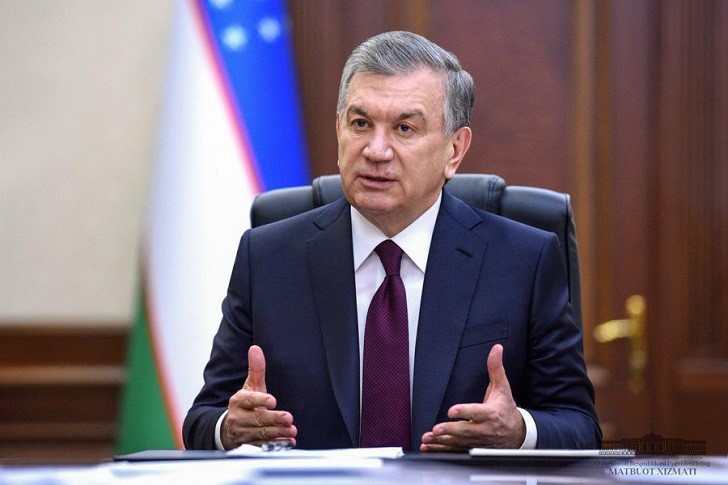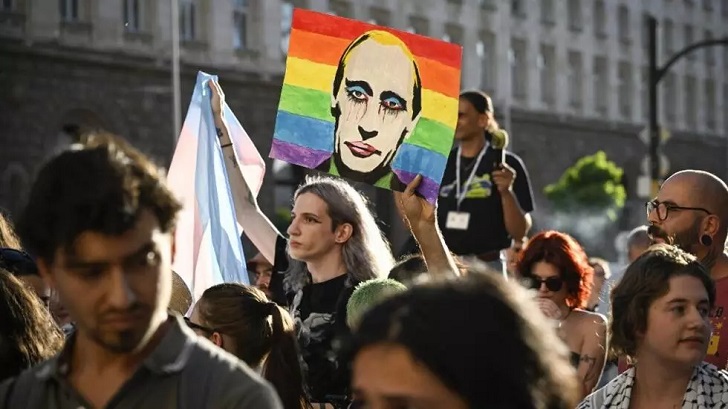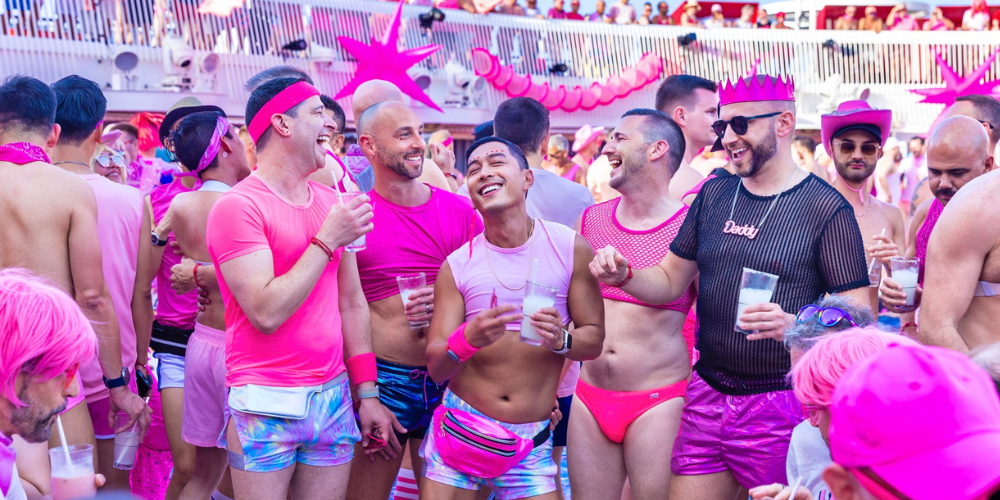The proposed anti-gay law in Uzbekistan represents a stark reminder of a growing trend targeting LGBTQ+ communities worldwide. Alisher Qodirov, leader of Uzbekistan’s ruling National Revival Party, announced plans to introduce legislation banning LGBTQ+ propaganda. His statements came alongside praise for U.S. initiatives cutting support for schools promoting "transgender ideology." The announcement adds another layer to the country's existing anti-LGBTQ+ framework, where male homosexuality is already criminalized with up to three years in prison.
Broader Context of LGBTQ+ Crackdowns
Uzbekistan's legislative move mirrors policies seen in several other nations, highlighting a global push against LGBTQ+ rights. Countries like Russia, Hungary, Bulgaria, and Georgia have intensified their restrictions, often under the guise of protecting traditional values. These laws not only limit LGBTQ+ representation but also erode basic rights, creating environments of hostility and fear. The international community has expressed concern, but the crackdowns continue to expand unabated.

@president_uz | X | Uzbekistan's legislative move mirrors policies seen in several other nations, highlighting a global push against LGBTQ+ rights.
Russia's Legacy of LGBTQ+ Oppression
Russia has long been a focal point for anti-LGBTQ+ legislation. In 2013, the government enacted a law banning public displays of non-traditional relationships to "protect" children. Since then, it has amplified its anti-LGBTQ+ agenda, targeting media, education, and public spaces. For example, the publication of LGBTQ+ content now requires explicit adult markers, and even seemingly innocuous materials like Duolingo lessons or K-pop-themed merchandise face accusations of promoting "gay propaganda."
These policies have paved the way for severe human rights abuses. In Chechnya, reports surfaced in 2017 about secret prisons detaining gay men, with survivors recounting inhumane treatment. Meanwhile, Russian officials, like MP Vitaly Milonov, continue to make incendiary remarks, equating homosexuality with criminal behavior or bestiality. The cumulative effect of these actions has been a chilling environment for LGBTQ+ individuals.
Hungary's Shift Towards Censorship
Hungary followed Russia’s example in 2021, passing a law that bans LGBTQ+ discussions in schools. The legislation, framed as part of an anti-pedophilia agenda, prohibits LGBTQ+ content in any media accessible to minors. Critics argue that this policy erases the existence of LGBTQ+ individuals and stigmatizes their identities. The European Union has condemned Hungary’s actions, citing human rights violations. However, Hungary's leadership remains steadfast, emphasizing traditional values over inclusivity.
Bulgaria and the Spread of Propaganda Bans
Bulgaria joined this trend in 2023, introducing laws banning LGBTQ+ "propaganda" in educational settings. The amendments, endorsed by the pro-Russian Vazrazhdane Party, define non-traditional sexual orientations as divergent from Bulgarian legal traditions. This rhetoric frames LGBTQ+ identities as a cultural threat, fostering divisions within the nation. Public protests erupted in Sofia, with activists chanting slogans like "Bulgaria is no Russia." Despite the backlash, the government proceeded with the legislation, reinforcing the normalization of discrimination.

Credit: RFI | Bulgaria joined this trend in 2023, introducing laws banning LGBTQ+ "propaganda" in educational settings.
Georgia’s Restrictive Laws Against LGBTQ+ Rights
Georgia recently enacted one of the region's most comprehensive anti-LGBTQ+ laws, banning Pride events, same-sex marriages, and gender-affirming care. These measures strip LGBTQ+ individuals of their autonomy and visibility, framing their existence as incompatible with Georgian values. Lawmakers have justified these actions as preserving cultural and religious traditions. However, the backlash has been significant, with local and international organizations criticizing the move as regressive and harmful.
Implications for Uzbekistan and Beyond
Uzbekistan's proposed anti-LGBTQ+ law reflects a broader global strategy to suppress LGBTQ+ identities. Uzbekistan risks isolating itself further from progressive international norms by aligning itself with countries like Russia and Hungary. These policies not only jeopardize the safety of LGBTQ+ citizens but also limit societal growth by stifling diversity. The global rise in anti-LGBTQ+ legislation underscores the urgent need for unified advocacy to protect vulnerable communities.











